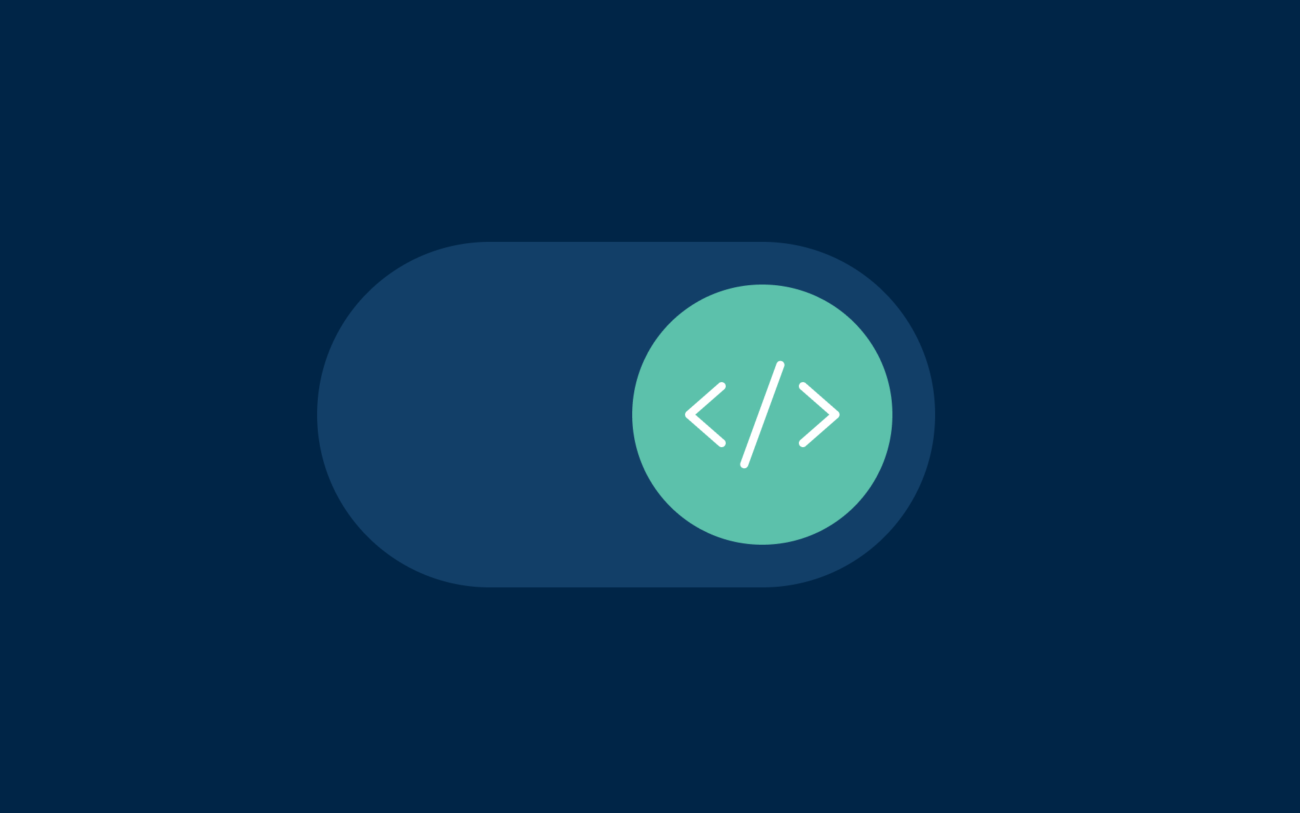When a company such as Facebook starts building its own programming framework, you know that it must be worthwhile investigating. React was created by Jordan Walke, a software engineer at Facebook, and became open source in May 2013. The purpose of this new framework: to make it easier for developers to write huge web applications without losing track of what component can be found where.
Short introduction to React
React subdivides the entire application into several components, each defined by their own style, features and functions. Logic and interface get integrated more tightly, which makes it easier for developers and testers to scroll through the entire application, and to understand the internal logic and dependencies. Take for example the contact card of a Facebook user. If you hover over someone’s profile picture in your timeline, you see his contact card, including header and action buttons. Hovering over someone’s profile picture in the chat also gives you this information but downsized, with less components.

After the initial versions with the usual start-up problems, Facebook managed to launch a fairly reliable version. Immediately afterwards, the framework was tested and adopted massively by countless organizations worldwide.
Our initial introduction to React was the direct result of a request by the Belgian online trading bank Keytrade Bank. They asked us to select a new framework for the development of their new online platform. We tested and compared various frameworks, and React emerged as the indisputable winner. So we selected React for that project and haven’t ever regretted this choice. Since that project, we have used it for several other customers and projects, and it is rapidly becoming one of our favorite development frameworks.
Here’s why:
1. React is open source
Like many other (popular) open source projects, it is reassuring to know that thousands, sometimes millions of developers worldwide are using the same technology, facing the same struggles and encountering the same bugs as you are. Any question can be answered by a legion of developers, potential bugs will be fixed even before you have noticed them, and forums are flooded with useful tips, workarounds, …
2. React is developed by Facebook
As mentioned before: if it’s good enough for Facebook, it will probably be good enough for you. But there’s more: as long as Facebook believes in this project, they will invest considerable time and effort in improving the framework and delivering upgrades on a regular basis. This has proved to be the case so far, and undoubtedly will go on for several more years. Thanks to Facebook, React is proving to be a future-proof, sustainable choice.
3. React is modular and intuitive
It is very easy for other developers to delve into someone else’s project and build upon it. This increases the flexibility within a development team, and makes it easier to create updates and upgrades to web applications. Additionally, testers will need less time to understand the programming logic and build appropriate testing scenarios. This will lead to valuable time-savings, which is a message that any customer and/or CFO loves to hear.
4. React-pages load very fast.
One of the main reasons for Facebook to create React must have been this advantage: compared to a traditional Javascript page, it takes far less time to load a web page using React. This means that users will see React-generated pages more quickly than others, and will be less inclined to abandon it. On top it also means that Google will scan these pages more quickly, and attribute a higher score to them. A very valuable advantage for web applications.
5. Best choice for mobile too.
Following the launch of React we have also witnessed the introduction of React Native. This version is optimized to use Javascript for mobile platforms such as Android and iOS. React has thus evolved into the first development platform that allows you to write for the ‘big 3’ deployment environments – web, Android, iOS – based on the same single code.
In short: we are very enthusiastic about React and we do not expect our enthusiasm to wane any time soon. Whoever works with us on a web development project in the near future, will undoubtedly find out why. We can only warn you: our enthusiasm is very contagious!

